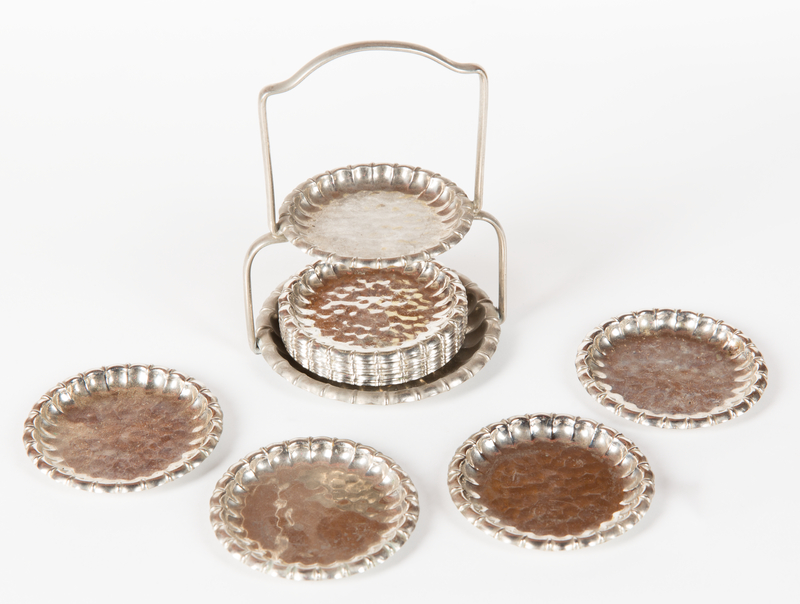Shops of Colonial Goods
Going down the street you will see the restored signboards of old shops. The colonial goods shops of Jankel and Gidla Gordons, and Chaja Link’s lamp oil and salt shops attracted various customers. Actually, you could often see women, especially Jews, tending shop counters in the 19th century. It is therefore not surprising to see their names on shop signs.
Although salt and lamp oil were what everyone needed, colonial goods shops smelled of luxury. Spices, dried fruit, coffee, sugar, tea and chocolate – you could smell them even from the street. There would be cases when fake or contraband goods were offered. For instance, sometimes used herbs were sold. Owners of reputable shops did everything to protect themselves from such cases. Newspapers printed samples of real brands and packages started to be marked.
The price of tea was quite high because it had to travel a long way to Lithuania – a pound of tea could cost the amount equivalent to two weeks’ worth of a peasant’s wage. It was believed in Lithuania and Poland that the only good tea was the expensive caravan tea, which arrived from China via Russia by camel.

